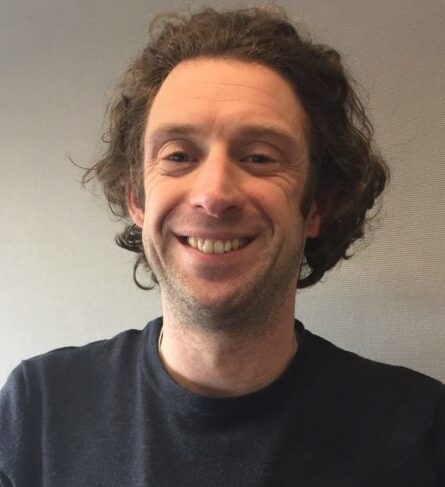James Ford
 Job title:
Job title:
Professor of, and Priestley Chair in, Climate Adaptation
Area of work:
My research examines how communities experience and respond to climate change, examining what factors create resilience and risk both today and in light of future climate impacts. Working mostly with Indigenous communities in the global south and north, this work is essential for identifying opportunities for adaptation and understanding where climate comes in versus other non-climatic drivers in creating risk. Putting local voices and lived experiences first in climate research is essential if climate policies are to be equitable and avoid increasing vulnerability of marginalised communities.
What will you be doing at COP28?
I will be speaking in the session “Indigenous Peoples’ food systems as game changers for sustainability and resilience”, to be held on Saturday 9 December at 17:50-18:50, in the Indigenous Peoples’ Pavilion.
What are the big issues that COP28 needs to address? What are your hopes for the negotiations?
A big focus of COP28 will be examining progress that Parties have made in meeting commitments around adaptation as outlined in the Paris Agreement. This is expected to show that while action on adaptation is being made - varying by nation, sector, and population - it remains fragmented, ad hoc, and not consistent with the magnitude of risks faced. The adaptation gap is wide and growing. My hope is that the COP brings renewed ambition, funding, and support programs to help the most vulnerable communities adapt to climate change.
What's your message for world leaders at COP28?
Adaptation needs to be a key focus of climate policy and can no longer be ignored. The impacts of climate change are already occurring and adaptation can help reduce risks, build resilience, and climate-proof future development. Adaptation is possible but only with the right support in place.
